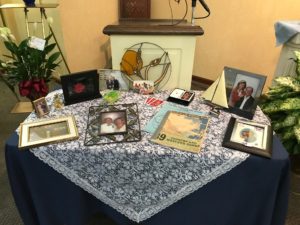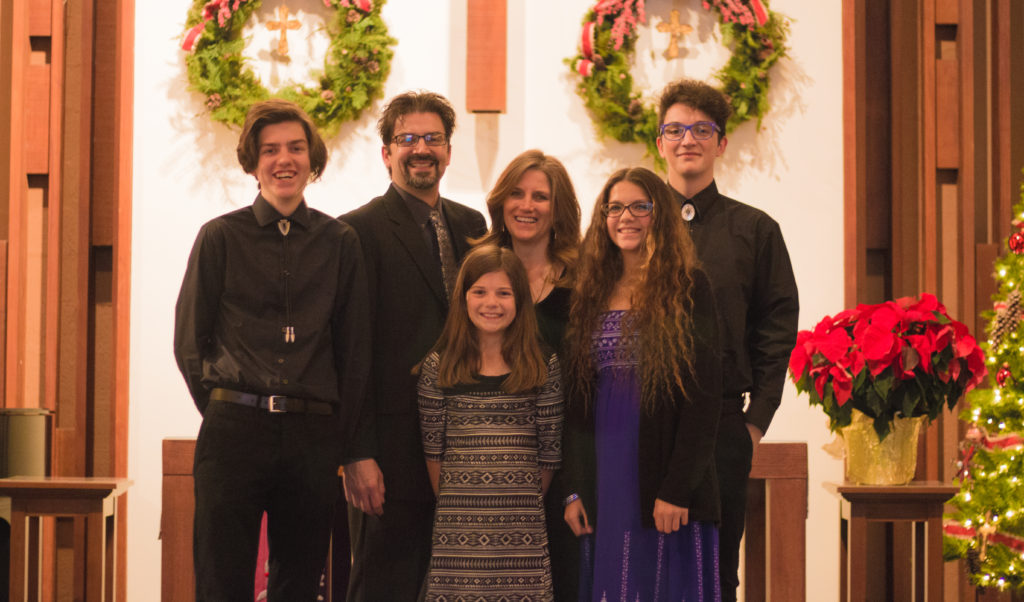
(Nancy’s Wake)
As you may know, from the last post, my mother-in-law (Nancy) was buried last week. The formality of family gathering, planning, attending a Wake, performing the ceremony, and laying her in the ground, was relatively new to my kids. My boys, who are older, slightly remember their great grandparents passing, but they were quite young. All four of my kids are at an age where the impact is significant, and so I intentionally made myself available so that our conversations could also be significant.
STEVEN
I specifically recall a conversation with my 16-year-old son, who asked what we were “doing.” This was after we had gotten dressed up, and saw “Granny” in her open casket, at the Wake. We had been standing there while relatives spoke to one another, and my wife was greeted, and given condolences, by people she hadn’t seen in decades. He was not engaged in anything, and so he was expecting to move on to something else.
“We are supporting “Papa Jack,” and your mother,” I told him. It was an interesting moment to see his brain begin to wrap around how mere presence could be “support” during a time of grief. And the boy who lives so much of his life in the fast paced technological world of social media and video games found the ability to control his desire for himself, and be ‘present’ with the family during a time when their experience with “Granny” led them to a different grief than he felt.
LUCY (11)
I approached my youngest daughter, who was standing alone at the casket which was holding the body of her “Granny,” and knelt beside her. I quietly put my arm around her, and gave her opportunity to speak if she desired.
“I feel like she’s not there,” she said.
“Why do you think you feel that way?” I asked her. I truly wanted to let her express her grief and understanding of the entire situation, right or wrong at the time, without “getting in the way.”
“I don’t feel like she’s there,” she said. As I reflected on her observation, that may have seemed redundant, I realized that she meant that she knew what it felt like when she was in the presence of her “Granny” and she didn’t feel that now. Lucy had already cried (and would more in the days to come), but for her this wasn’t that time. She realized that we could remember, by looking at the body, but “Granny” was no longer there.
I am amazed at how the mind of a child works. So much can be learned by simply listening, and pressing into their thoughts.
WESLEY
My oldest son’s coping mechanism was encapsulated largely by remembering the good times. He has always been my most “positive” kid, and was a great support to his mother and our extended family. We engaged in conversation about how the family fit together, and stories of the memories that were represented by objects on the “celebration of life” table, or in the picture slide show.
ALANA
My oldest daughter is a great comfort to those around her, and she sought out extended family and spent time with them to be ‘present’ during their grief, and brighten their otherwise gloomy day with her smile.

It was important to me (and I learned how important it is to my family) for me to be there. I did my best to reassure them with my presence. When we lose someone – especially someone close – there is grief to be had, but sometimes there is also fear. Fear of who else is going to leave… of what would I do if I lost my mom/dad…
My family finds hope in Jesus Christ that we will be reunited one day. I also found it important to reaffirm that my desire, and design (as much as it’s up to me), is to walk through these things together with them… standing by their side.
